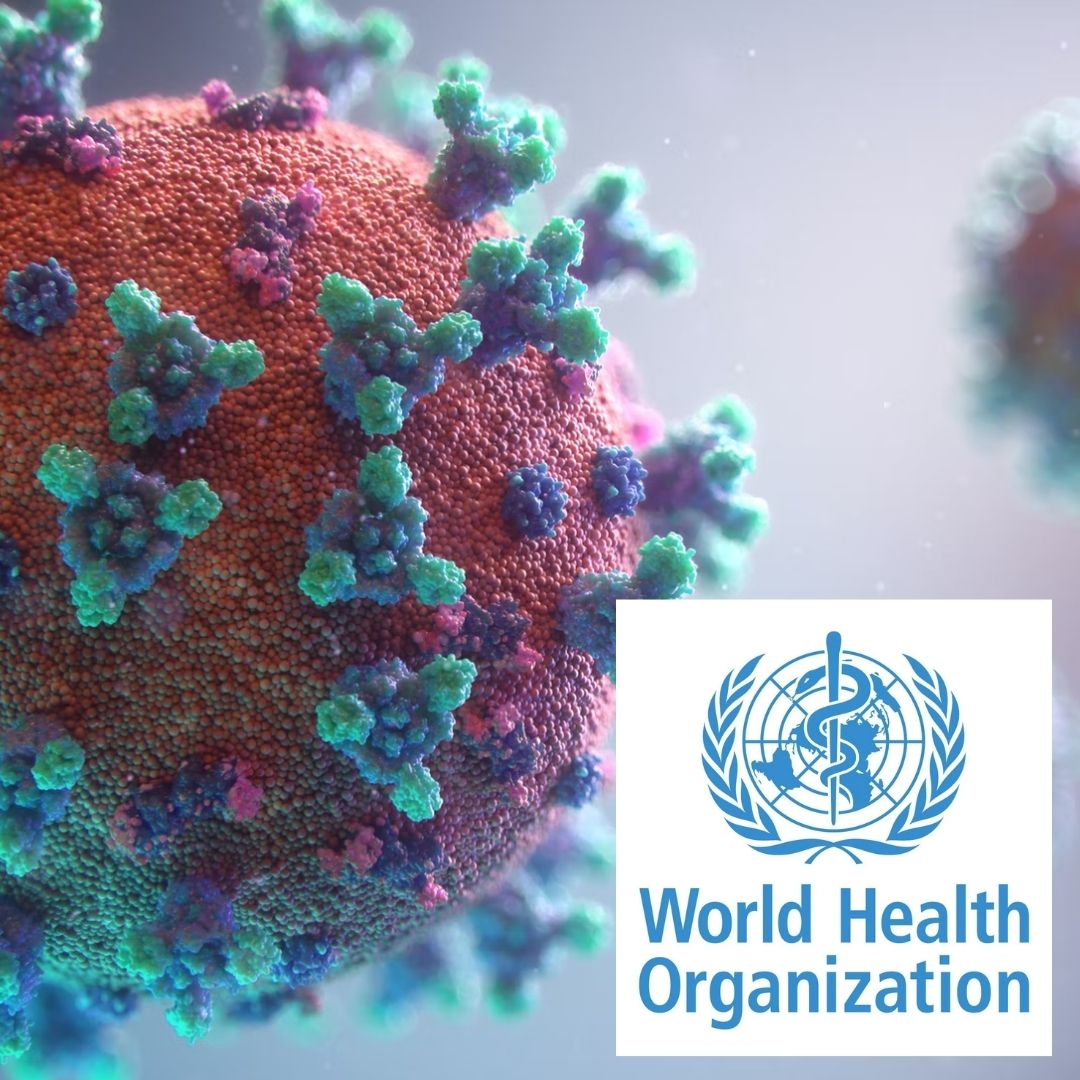Future COVID Variants Likely To Be More Infectious Than Omicron, Possibly Deadlier: WHO
Writer: Shriya Handoo
She is pursuing Masters degree in Journalism from Symbiosis Institute of Media and Communication. She has completed Bachelor's degree in Mass Media from Jamia Millia Islamia, New Delhi.
Others/World, 10 Feb 2022 11:50 AM GMT
Editor : Shiva Chaudhary |
A post-graduate in Journalism and Mass Communication with relevant skills, specialising in content editing & writing. I believe in the precise dissemination of information based on facts to the public.
Creatives : Shiva Chaudhary
A post-graduate in Journalism and Mass Communication with relevant skills, specialising in content editing & writing. I believe in the precise dissemination of information based on facts to the public.
A live question-and-answer session was streamed on WHO's social media platform on February 8, during which WHO explained that more versions of Omicron are alarming.
An official at the World Health Organization has described the COVID-19 variants as the "wild card" and warned that the Omicron is not the last of them and that there may be other new variants. As part of a question-and-answer session live-streamed on WHO's Facebook Page on February 8, Maria Van Kerkhove, WHO COVID-19 Technical Lead, and Dr Abdi Mahamud stated that four versions of Omicron are being tracked.
Possibility Of Other Variants High
"While we know a lot about this virus, we do not know everything. So we track this virus in real-time as it changes and mutates, but the virus still has considerable room to move," Kerkhove said.
She explained that Omicron is not the last variant of concern for WHO to address. The next will come one day, but she said it will take some time to arrive. "But with the intensity of spread, the probability that other variants will appear is very high," she added.
While talking about the vaccination, she said, "To reduce its spread, we should not only increase vaccination coverage but also take measures to reduce its spread. There are four sublineages of Omicron that we are tracking. We have the BA.1, the BA.1.1, the BA.2, the BA.3. It is all Omicron and all the Omicron Variant of Concern, but we are watching this virus evolve in real-time.
Increase in BA.2 Growth
In the Q&A Livestream, Maria said, "BA.2 has a growth advantage even over BA.1, which means that as this virus continues to circulate, we will now see an increase in BA.2 with this increased growth advantage over BA.1".
According to the UN health agency's weekly epidemiological report, released on February 8, the Omicron variant is becoming increasingly prevalent, accounting for nearly 97 per cent of all new cases.
As a result of the Omicron variant, almost every country has detected disease cases. "However, many countries which had seen a rise in the number of COVID-19 cases before January 2022 have now reported a decline in the total number of new cases since then," as mentioned in the report.
On a global level, the number of new COVID-19 cases decreased by 17 per cent between January 31 and February 6 compared to the previous week, while the number of recent deaths increased by 7 per cent. The World Health Organization reports that as of February 6, there were over 392 million confirmed cases and over 5.7 million deaths.
Also Read: Kerala Trans Couple To Tie Knot In Hindu Marriage Ceremony On Valentine's Day
 All section
All section














